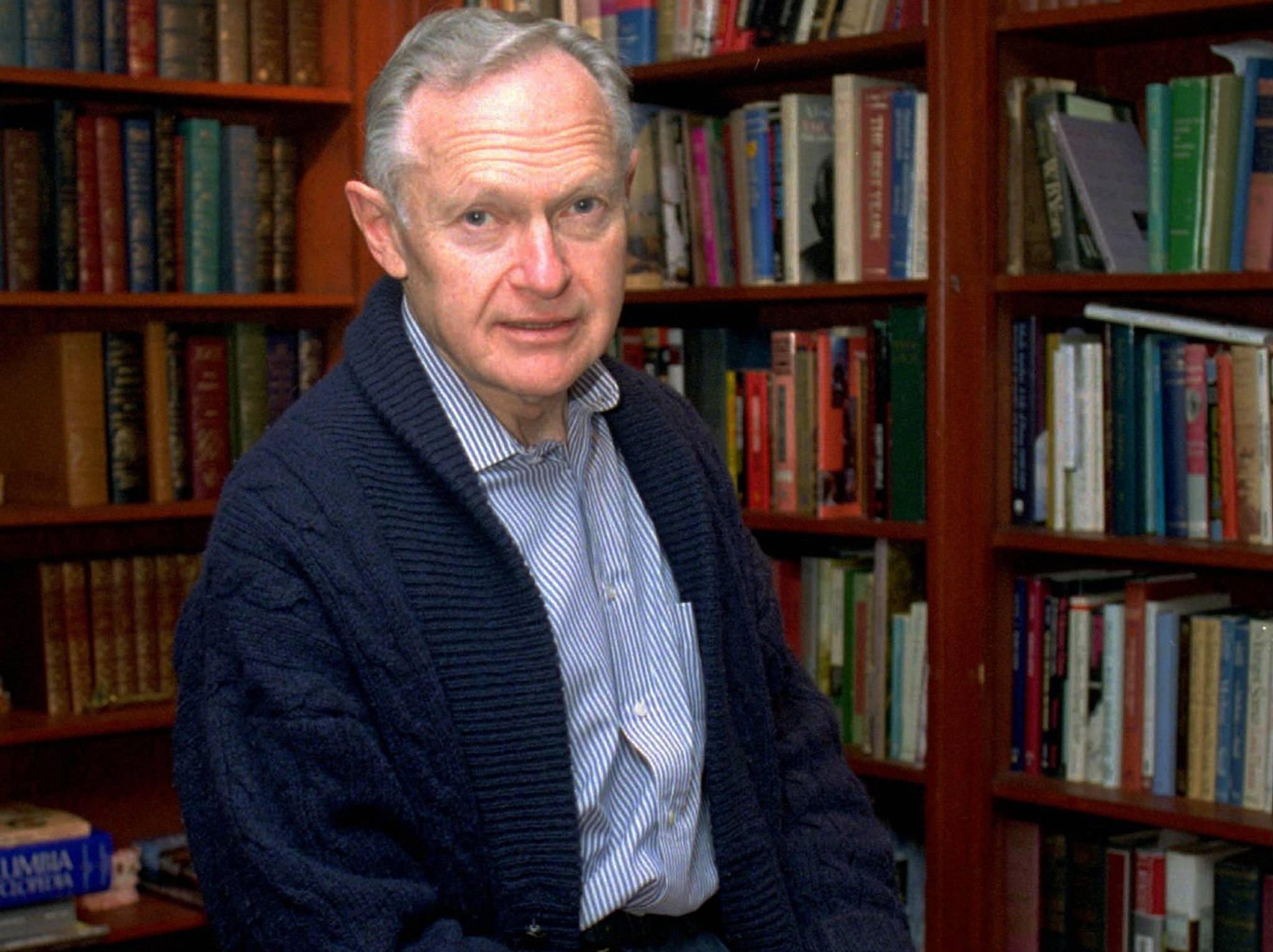Sherwin Nuland, the academic who revolutionised attitudes to death with his seminal book 'How We Die', dies aged 83

Sherwin Nuland, the leading American doctor who wrote an award-winning bestseller urging a greater acceptance of the inevitability of death, has died. He was 83.
The surgeon and medical ethicist, who had been suffering from prostate cancer, campaigned to change attitudes within the medical profession, which he said was wrongly focused on prolonging life at any cost rather than allowing a patient to succumb to “nature’s final victory”.
Amelia Nuland, one of his four children, said that her father, whose 1994 book “How We Die” sold 500,000 copies, had clung tenaciously to life before dying on Monday at his home in Connecticut.
She said: “He told me, ‘I’m not scared of dying, but I’ve built such a beautiful life, and I’m not ready to leave it.”
The son of a Jewish immigrant who grew up in the Bronx, Dr Nuland said the acceptance of previous generations that death was near when certain signs or symptoms showed had been superseded by doctors’ desire to escalate medical intervention even when it was futile.
He wrote: “Now when the same signs appear, it’s a signal to operate one more time, to put in yet another tube, put in a fourth pacemaker after the third failed, to start a new course of chemotherapy, send the patient down for another CAT scan.”
The book, which was published in 1994 and described the end of life with unflinching honesty, sparked a renewed debate about decisions on how and when to end life as well as assisted suicide.
But Dr Nuland, who suffered a depressive illness in the 1970s and came close to being made to undergo a lobotomy before a younger doctor intervened and cured him with electric shock therapy, was himself strongly opposed to assisted suicide, describing it as “the exact opposite direction in which we ought to go”.
The medic, who taught medical history at Yale, had previously said that he hoped for a death without suffering while “surrounded by the people and the things I love”. But he said his warts-and-all view of death meant this was unlikely.
His daughter said her father had been “very much at peace” in his final days but at times had seemed scared and sad.
Join our commenting forum
Join thought-provoking conversations, follow other Independent readers and see their replies
Comments